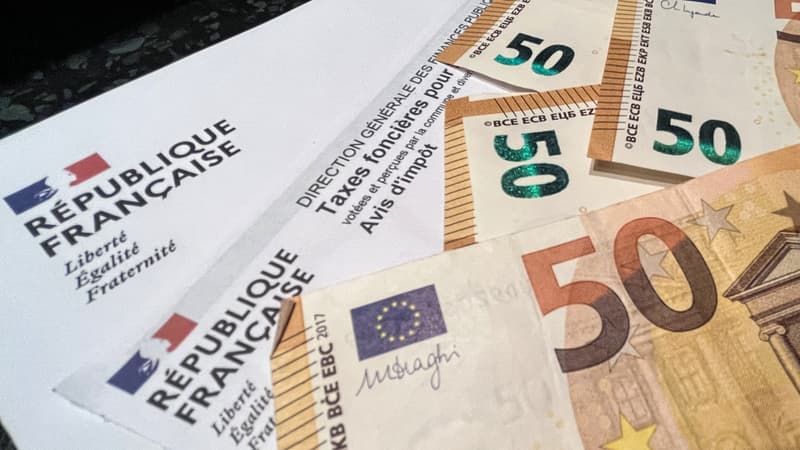Property tax increased in 2025 by only 1.7% on average in the 200 largest French cities, according to a report published on Wednesday, October 15, by the National Observatory of Property Taxes, which sees a link with the municipal elections of 2026. This increase is entirely due to the annual revaluation of the tax calculation base – the rental value – which is indexed to inflation. The property tax rate decided by municipalities is almost stable compared to 2024 (+0.04%).
“We have already seen this phenomenon in 2019, with a 0.7% drop in the property tax rate,” on the eve of the 2020 municipal elections, Frédéric Zumbiehl, lawyer for the National Union of Property Owners (UNPI), which supervises the Observatory, said at a press conference. In ten years, this tax paid by owners increased by 37.3%, between 2014 and 2024, with an acceleration since 2018 due to the indexation of the rental value to inflation and no longer to a coefficient defined based on the evolution of rents.
Element taken into account at the time of purchase
Between 2019 and 2024, this tax calculation base, corresponding to approximately six months of rent, increased by 16.7%, representing three quarters of the total 22.6% increase in property tax during the period. Among the 50 largest French cities, Paris remains the one that saw the largest increase in property taxes between 2014 and 2024: +87.9%. But its property tax rate, at 21.2%, is the third lowest on the panel. On average, in 2024, municipalities have set their property tax rate at 40.7%, which is equivalent to approximately 2.4 months of rent.
The UNPI was interested in the “diverse influences” on the property tax and noted that its rate tends to be higher in the most populated cities, in indebted municipalities or with a significant proportion of owners. The abolition of the house tax has also tended to push communities to increase property taxes, particularly when their populations have increased.
Source: BFM TV


